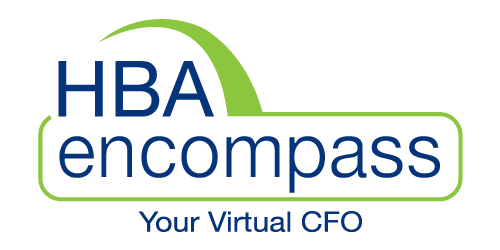Year-round bookkeeping
May 17, 2016 8:51 am | | Categorised in: Firm journalStaying on top of your records all year round can save time, prevent unnecessary stress and help maximise a small business’s tax return. Although record-keeping can seem like a monotonous job, it is an essential part of running a business. Good recordkeeping makes it easier to meet your tax obligations, manage cash flow and make sound business decisions.
Here are some business records you need to keep:
-
Expense or purchase records: You must keep records of all business expenses such as receipts, invoices including tax invoices, cheque book receipts, credit card vouchers and diaries to record small cash expenses.
-
Year-end records: These records include lists of creditors or debtors and worksheets to calculate depreciating assets, stocktake sheets and capital gains tax records.
-
Income and sales records: You must keep records of all sale transactions such as invoices including tax invoices, receipt books, cash register tapes and records of cash sales.
-
Bank records: Documents such as bank statements, loan documents and bank deposit books need to be kept in preparation for your tax return.
-
Income tax records: Records must be kept of all your sales (income) and expenses to prepare your business activity statement (BAS) and annual income tax return.
